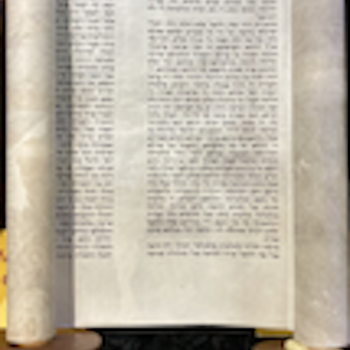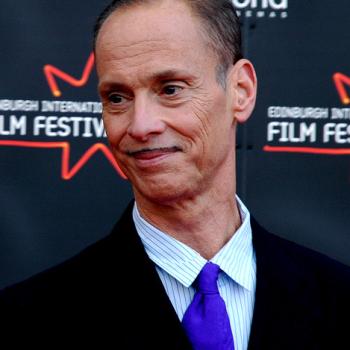By the year 1929, the American electorate had grown weary of President Herbert Hoover's promise that prosperity was just ahead if only the nation would be patient. Public trust in a capitalist system founded on a free market ethic seemed unappealing in the face of widespread economic desolation. Market forces notwithstanding, national impatience galvanized organized Christianity.
In the spring of 1932, the New York East Conference of the United Methodist Church (UMC) unanimously adopted a report advocating that the federal government should immediately take over the production of goods and services for the entire nation. Every utility company should be changed so as to become a public company, and all notions of business profit were to be rejected outright. "The profit motive must go," the report stated.
Writing in The Christian Century on April 20, 1932, the UMC conference stated: "We must bring our economic order, sick and wounded, to the Great Physician who can cure our social blindness and move us to love our brethren as we ought."Less than one month later, The Address of the Methodist Bishops was somewhat less extreme in their repudiation of capitalism, but they, too, issued a call to "remake the whole structure of industrial life upon the teachings of Christ."
If God was the Great Physician, then the assistant to the physician was apparently the federal government, the cure for the ailing nation was collectivism, and the delivery mechanisms for the cure were taxes, centralized planning, and state ownership of industry. The editors of The Christian Century further recommended that the two major political parties be abolished in favor of one vehicle for a unified national policy.
Earlier that same year (1932), Dwight Bradley laid out in the same publication a social program for the new party that the true church of Jesus Christ should wholeheartedly support. The plan advocated full cooperation with the League of Nations; support for the Kellogg-Briand Peace Act of 1928; the end of any compulsory military training; full diplomatic recognition for the Soviet Union; immediate federal relief in the form of public works, old age, disability, and unemployment insurance; a national banking system; and the full use of the power of the federal government to tax personal incomes at will to finance the endeavor.
In a campaign address in Sioux City, Iowa, President Franklin D. Roosevelt stated that his New Deal programs would provide Americans a level of comfort allowing them to focus on spiritual issues. He fused the church and state together in terms of social benefits for the individual. "The great objective which church and state demands," Roosevelt stated in 1933, "is a more abundant life." His use of the phrase, "the abundant life" (a reference to the words of Jesus in Jn. 10:10), became a continual theme in his barnstorming on behalf of the New Deal. Roosevelt framed the New Deal as the fulfillment of the abundant life Christ came to bring, and he publicly exhorted churches to teach a theology of social justice even if key theological themes must be laid aside to advance the national interests.
The Christian Right (as it has come to be known particularly in America) rose up in opposition and stormed the beaches of this "progressive" theology with somewhat stilted theological rhetoric as well. Various coalitions of Christians sought to accomplish spiritual goals by political means and resembled political parties preparing to nominate their candidates. The Christian Right often linked the gospel of Jesus Christ with a capitalistic, free-market ethic that had little room for the admonitions of Scripture regarding greed, idolatry, or care for the poor.
University of Akron professor, John Green, has noted the presence of "a two-party system" among Protestant clergy. This system separates professing Christians from each other even as both read the same Bible but come to radically different conclusions about public policy. The result of this ongoing balkanization: what truly guides the thinking of many pastors and political leaders who struggle with social issues of the public square is a hermeneutical hodgepodge of everything from pop psychology to the latest movie release coupled with a sparse sprinkling of scriptural proof texts and various tidbits of history.
Many evangelicals across the last century (most notably theologian Carl F.H. Henry, the founding editor of Christianity Today magazine in 1954) grew uncomfortable with the sweeping generalizations and lack of theological depth and precision in both wings of modern Christian political thought. They refused to support political candidates who—more often than not—were not strong churchmen themselves and proved to be disappointing and overtly hypocritical.





